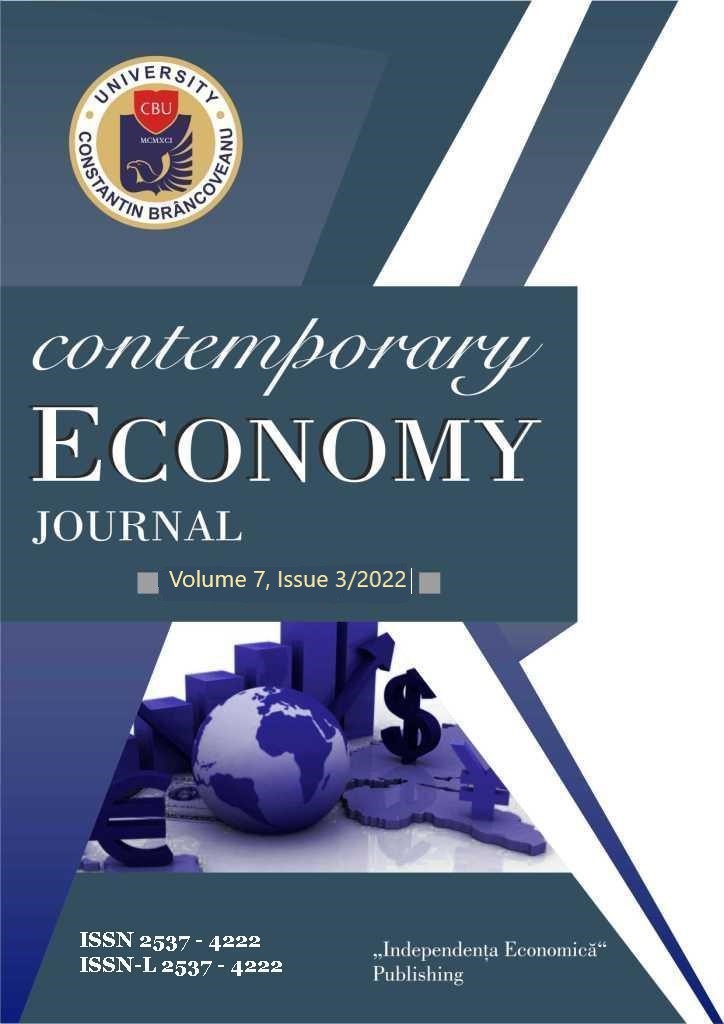POLITICA MONETARĂ ESTE SENSIBILA LA COMPORTAMENTUL PREȚULUI ACȚIUNILOR? DOVEZI DIN NIGERIA
IS MONETARY POLICY - STOCK PRICE BEHAVIOUR EFFECT SECTOR-SENSITIVE? EVIDENCE FROM NIGERIA
Author(s): Anthony Olugbenga Adaramola, Peter Akinyemi KayodeSubject(s): Economy, Economic policy, Financial Markets
Published by: EDITURA INDEPENDENŢA ECONOMICĂ
Keywords: Monetary Policy; Banks; Manufacturing Firms; PDOLS; Causality;
Summary/Abstract: Monetary policy variables are theoretically expected to exert significant positive or negative effect on performance of the capital market. Most empirical studies on the relationship between monetary policy and stock prices in Nigeria have not taken cognizance of the fact that the relationship can be sector-sensitive. This study was conducted to examine effect of monetary policy on stock prices of listed firms in Nigeria from a two-sector comparative perspective: banks and manufacturing. Specifically, the study examined effects of seven selected monetary variables on stock prices of 15 banks and 15 manufacturing firms listed on the Nigerian Stock Exchange between Q1 of 2006 and Q4 of 2019. We employed panel dynamic ordinary least squares and panel causality models to analyze average quarterly stock price (STP) and monetary policy variables. We found that for banks, broad money supply (M2), monetary policy rate (MPR), exchange rate (EXCH) and interest on savings (SDR) significantly affect stock price negatively (p =0.0147; p =0.0000; p = 0.0110 and p = 0.0003 for the variables respectively). We also found that Treasury bill rate (TBR) significantly affects stock price positively (p = 0.0000) while cash reserve ratio (CRR) and lending rate (LDR) have insignificant effect on stock prices of banks. For manufacturing firms, MPR negatively and significantly affected stock prices (p=0.0110) but M2, Treasury bill rate, EXCH, LDR, CRR and SDR have insignificant effect on stock prices. All monetary policy variables except broad money supply have causal relationship with stock prices of banks but only exchange rate has causal relationship with with STP for manufacturing firms. We concluded that monetary policy significantly affects stock prices of Nigerian banks and manufacturing firms.. However, the effect is more pronounced in the banking industry than in manufacturing firms. It was also concluded that the effect of monetary policy on stock prices of banks is markedly different from that of manufacturing firms. The study recommended a disaggregated, sector sensitive monetary policy, a monetary policy re-appraisal and a reduction in monetary policy lags.
Journal: REVISTA ECONOMIA CONTEMPORANĂ
- Issue Year: 7/2022
- Issue No: 3
- Page Range: 171-193
- Page Count: 23
- Language: English

